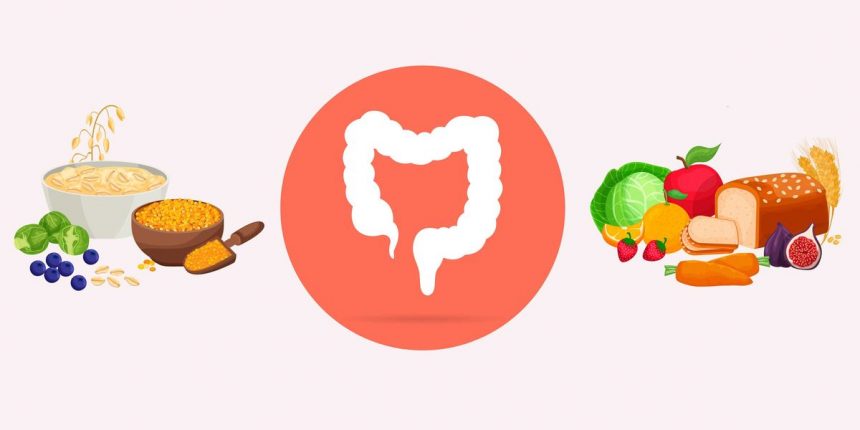Consuming an adequate amount of fiber is crucial for maintaining a healthy diet and reducing the risk of colorectal cancer. Fiber, also known as roughage, is essential for various bodily functions such as lowering cholesterol, regulating blood sugar levels, and promoting regular bowel movements. There are two types of dietary fiber: soluble fiber, found in foods like oats and citrus fruits, and insoluble fiber, found in whole wheat flour and vegetables.
Fiber plays a significant role in reducing the risk of colon cancer by improving bowel and colon health, aiding in digestion, supporting gut health, and eliminating harmful chemicals from the body. It is recommended that women consume a certain amount of fiber daily, with guidelines suggesting 28 grams for women aged 19-30, 25 grams for women aged 31-50, and 21 grams for women aged 51 and above.
High-fiber foods include fruits like avocados, berries, and apples, vegetables like broccoli and Brussels sprouts, as well as nuts, grains, and legumes. Incorporating these foods into your daily meals can help you reach your recommended fiber intake. Additionally, incorporating high-fiber options into your breakfast, lunch, dinner, and snacks can help you meet your fiber goals and reduce the risk of colorectal cancer.





